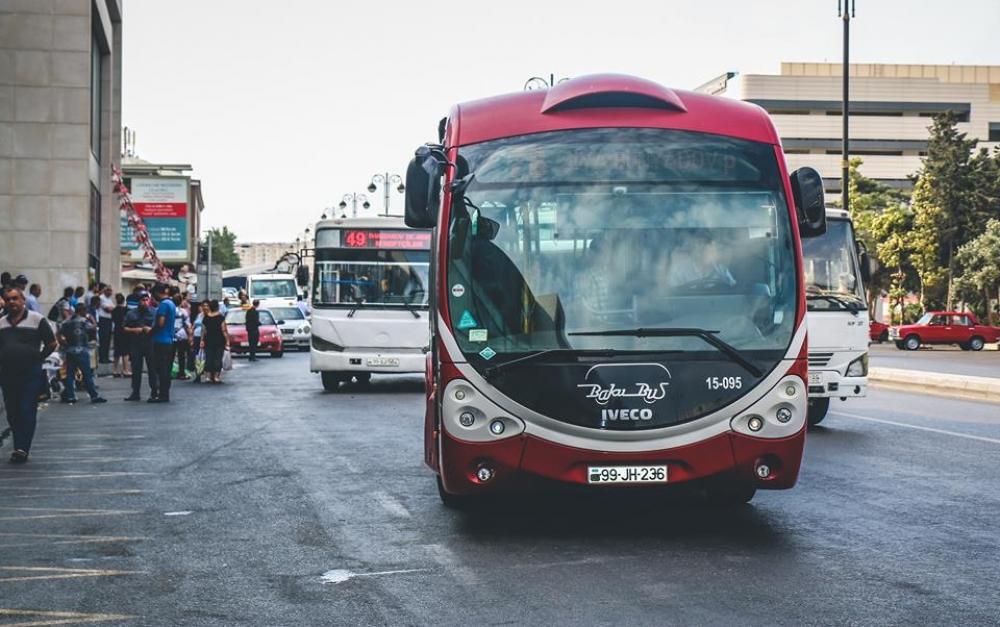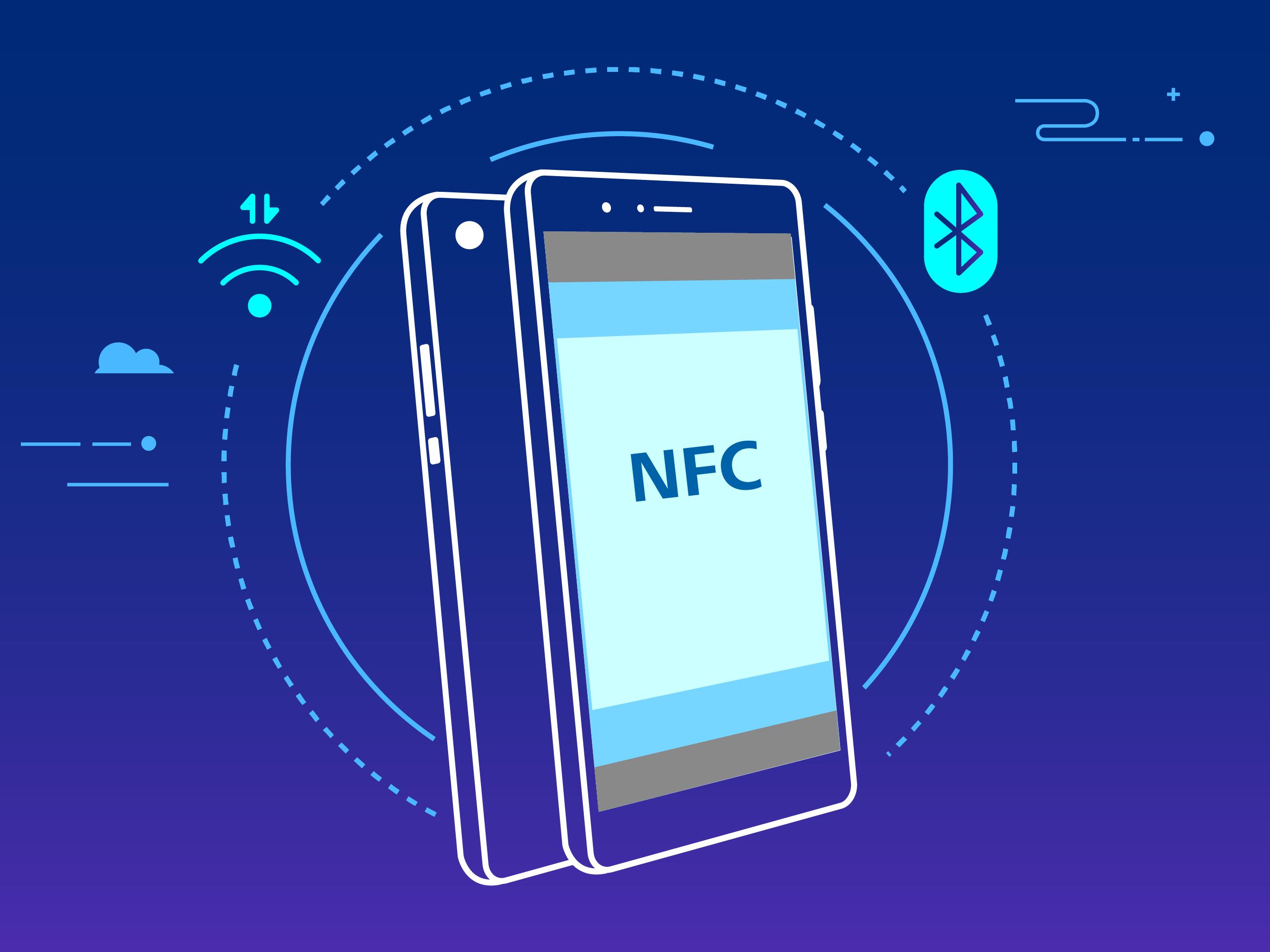Azerbaijan sets priorities for digitalisation Transport sector analysis on Caliber.Az
The 21st century has given mankind tools that can make life more comfortable: a smartphone in your pocket, a computer in the office, a laptop at home and a tablet in the car, and access to high-speed Internet anywhere in the metropolis. The availability of such a technical base makes it possible to accelerate the process of digitalisation of the economy and all communal structures. One of the key areas with significant potential for digitalisation of operational processes is the transport sector. In Azerbaijan, although with delays, certain measures are also being implemented to digitalise metropolitan and suburban transport, railway communications, etc. The ultimate goal of these reforms is the transformation of digital transport tasks into a single ecosystem with the possibility of alternative payments, as well as ensuring high fiscal transparency, security and convenience for citizens.
The modern transport sector in the leading countries of the world is one of the most complex and demanding areas of urban infrastructure that require maximum automation. This area also requires strict compliance with safety standards, combined with efficiency and user-friendliness and, of course, compliance with financial transparency. Almost all of these conditions are provided in the process of digitalisation of urban transport.
These trends are more or less observed in Azerbaijan, where, within the framework of the smart city project, public transport in Baku and other major cities is consistently transferred to non-cash payment. And in addition to the extensive BakiKart system, alternative payment mechanisms for transport services through contactless bank cards and mobile devices using NFC payment technology are gradually being formed in the capital.
It is appropriate to note that the automation of the capital's transport system began 11 years ago: then an Intelligent Transport Management Centre opened in Baku, from where video and digital control over the movement of about 3,000 buses was carried out, and information terminals were installed at 664 bus stops of the capital, where information about the movement of buses was received online.
The logical continuation of these efforts was the process of transferring the Baku metro, and then buses to non-cash payment. The main goal of introducing a cashless system in public transport is to ensure transparency of turnover and increase tax deductions from the sector. At the same time, these measures were supposed to help legitimise labour relations, improve the social status of drivers and, of course, simplify the passage of passengers. In recent years, all this work has been assigned to the Baku Transport Agency (BNA), and initially, it was expected that the process of digitalisation of the capital's transport would be completed by 2020, equipping most of the 2,200 buses involved in passenger transportation in the capital with validators and GPS modules. Alas, the pandemic crisis, the closure of the subway, the increase in the number of vehicles and a number of other problems have made adjustments to these plans.

Nevertheless, as of the end of last year, over 75 routes in Baku switched to the BakıKart system, and about 1,600 passenger buses in the capital (about 55 per cent of the total number) were covered by the cashless payment system. In the first half of 2022, the system was replenished with a number of routes, but it is still unclear how soon BNA will complete the digitalisation process and when it will cover the entire transport sector of the capital.
Meanwhile, since the end of last year, the process of transferring the entire Sumgayit bus fleet to a card system has started, old samples of validators and payment cards used on a number of routes have also been replaced here in order to integrate into a single payment system with BakiKart. In the recent period, the Digital Development and Transport Ministry has been working to create a single transport map for all public transport in Baku and the suburbs of the Absheron Peninsula. It is possible that the use of such a unified transport card together with the metro will be possible on the railway, in particular on suburban trains.
Other components of digitalisation of transport infrastructure are gradually being formed and modernised: for example, since September last year, the solution to the long-standing problem of the shortage of payment terminals at bus stops has begun, and today, in addition to metro stations, it is possible to replenish the balance through about 1,500 Million payment terminals integrated into the BakiKart system available in all supermarkets, malls and shops. Also, an online portal online.bakikart.az has been launched since last autumn for virtual replenishment of the balance of BakıKart travel cards. In turn, cooperation with the Google Maps transport team has been strengthened to further improve information resources providing information on the capital's bus routes.
At the same time, the rapid development of IT technologies, and the emergence of new fintech solutions contribute to the introduction of alternative methods in the field of transport payments. Thus, the system of instant contactless payments via mobile devices with NFC (Near Field Communication) data transmission is becoming increasingly popular all over the world when there is no need for special transport cards and it is enough to attach a smartphone, smartwatch or smart bracelet to the bus validator. NFC payments allow government agencies to take into account passenger traffic with previously inaccessible accuracy, and at the same time, the analysis of a large amount of data helps to better plan the transport network of cities. Moreover, such a mechanism promotes the introduction of individual bonuses for students and other beneficiaries: for example, you can write a subscription to a bank card or smartphone or connect a tariff at which the cost of trips can be reduced. Another advantage is due to the fact that a smartphone or smartwatch can be replenished in various ways online, so you do not have to look for a payment terminal or stand in front of it in line late for the bus. At the same time, today the NFC-based payment infrastructure is installed not only in ticket offices and vending machines for metro and commuter train tickets but also directly on the turnstiles themselves in public transport. It is not surprising that this system has played the role of a driver, accelerating the introduction of cashless payments in public transport already in developing countries.

Apparently, a convenient NFC payment system, as well as payment by bank cards, will gradually be introduced in Azerbaijan, where the first pilot projects are already being implemented. In particular, the first inkart project was launched in Shamakhi in August 2020 on the initiative of Azer-Turk Bank OJSC, the Information and Computing Centre of the Communications Department and with the support of the MasterCard international payment system. As part of the project, an innovative transport ecosystem was created, and new generation validators were installed on buses. As a means of payment for travel in Shamakhi city buses, passengers can use bank cards and mobile devices with NFC modules.
Visa payment system is also showing no less interest in participating in the digitalisation of the transport system of Azerbaijan: the company has been participating in two major infrastructure projects of the country – digitalisation of ground transport in Sumgayit since 2020, and since last year a pilot project has been successfully implemented to pay for travel using contactless bank cards on electric trains and on trains of the Azerbaijan Railway (AZD).
Payment for transportation services is expected to be made using bank cards and mobile devices in other major cities of the republic over the next five years. Within the framework of the smart city project, promising digital platforms for non-cash payment of taxis, car parking, bicycle and scooter rental, and so on are already being developed. It is obvious that in such a large megalopolis by regional standards as Baku, there are transportation issues that residents of the capital rightfully complain about. There are significant parking issues. Time will tell how they are resolved if they are resolved at all.








